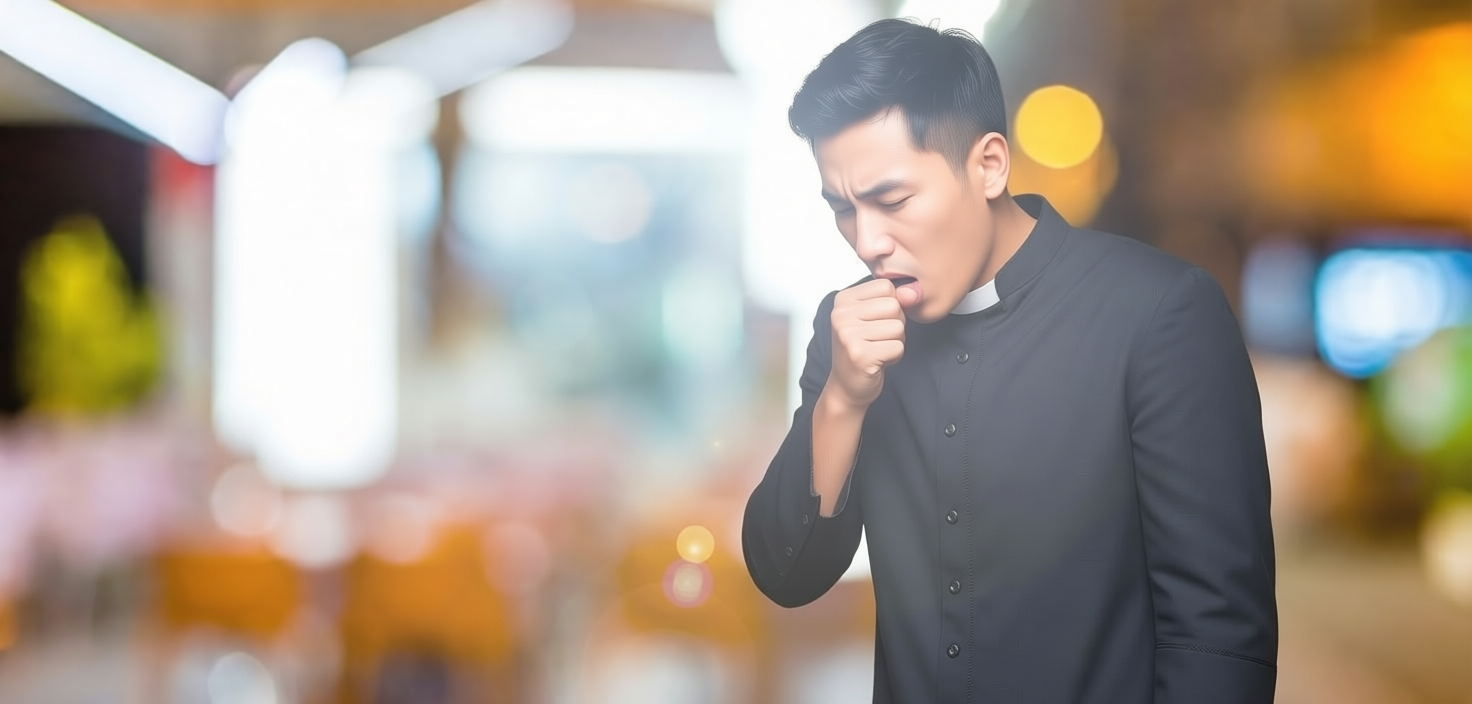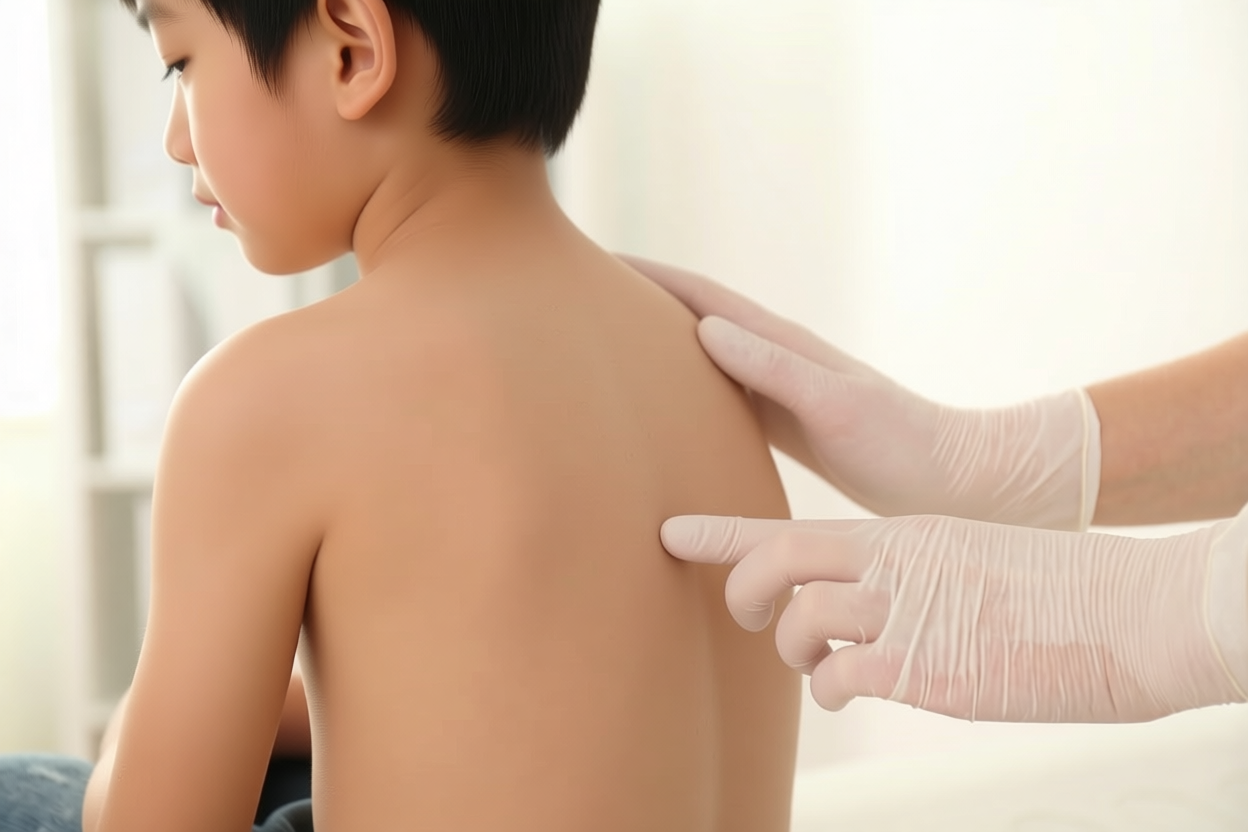Making plans to go for Hajj or Umrah this year? Performing the pilgrimage is a major milestone and it’s important to make sure you’re in good health and prepared for the journey. For example, there are certain vaccinations you’ll be required to have to keep the community safe, during the pilgrimage.
Here’s what you should know about the mandatory vaccinations, as well as other simple practices you can adopt to protect your health.
Mandatory vaccinations for Hajj and Umrah
There are several vaccinations that you must have to perform your pilgrimage. Generally, it’s recommended that you get vaccinated 4 – 6 weeks before a trip.
Meningococcal meningitis
A meningococcal meningitis infection can affect the lining of your brain, spinal cord, and your bloodstream; infections are usually serious and can be deadly. It’s spread through air droplets and saliva by infected individuals.
- Who needs to be vaccinated: All travellers above the age of 1 must be fully vaccinated
- What you need to do: You must receive either 1) the quadrivalent (ACYW) polysaccharide vaccine within the last 3 years or 2) quadrivalent (ACYW) conjugate vaccine within the last 5 years. You’ll need to make sure that your vaccination is within the validity period, and to have your vaccination certificate with you, to prove your vaccination status.
Yellow fever
Yellow fever is transmitted through infected Aedes mosquitoes. Common symptoms include jaudice, headaches, and joint and muscle aches. Should there be serious complications, yellow fever may lead to death.
- Who needs to be vaccinated: All travellers from countries that have a risk of yellow fever transmission
- What you need to do: The yellow fever vaccine is a single dose. You’ll be considered vaccinated 10 days after your shot.
Covid-19
Covid-19 is caused by the SARS-CoV-2 virus and is spread through infected droplets from an ill individual. Typically, someone who is infected with Covid-19 will have acute respiratory symptoms, including a cough, runny nose and sore throat.
- Who needs to be vaccinated: All travellers must be fully vaccinated
- What you need to do: To be considered fully vaccinated against Covid-19, travellers must have received vaccinations approved by the government. For those who were vaccinated in Singapore, this means either 2 doses of Pfizer-BioNTech or 2 doses of Moderna.
Polio
A highly infectious disease, polio attacks your nervous system and spinal cord and may cause total paralysis. It spreads through person-to-person contact.
- Who needs to be vaccinated: All travellers from countries where polio cases have been reported in
- What you need to do: You should have at least one dose of bivalent oral polio vaccine (bOPV) or inactivated polio vaccine (IPV) to be considered vaccinated against polio.
Recommended vaccinations for Hajj and Umrah
Influenza
Influenza is a respiratory infection that affects our nose, throat and lungs. While it may be relatively mild in most individuals, it can cause serious complications for older adults and individuals with weakened immune systems or who have existing chronic illnesses.
- Who needs to be vaccinated: It’s recommended that you get your influenza vaccination before proceeding for the pilgrimage.
- What you need to do: Vaccination against seasonal influenza is an annual shot.
Other health tips for your travels
In addition to ensuring you have all your mandatory and recommended travel vaccinations, there are other simple things you can do to help you keep well.
Get more active before your trip
The pilgrimage can be physically taxing, even if you’re an active individual. As such, to help you prepare for the physical exertion, you should get more active before you fly. You don’t have to do anything complicated, even going on 15 – 30 minute walks every day is a good way to get started.
Stay hydrated
Depending on when you’re going to Mecca, the temperature can reach as high as over 40°C. Make sure that you take frequent breaks to drink water, when you’re there to prevent dehydration.
Be mindful of the Sun
To help with hydration, try to avoid being in the Sun directly for too long. For example, avoiding the afternoon hours when the Sun is the hottest. This helps to minimise the risk of heat exhaustion.
Preparing for the trip can be a huge task. We’re here to support you. To make it easier to ensure you’re fully vaccinated, we have prepared a special vaccination package; you can also speak to a doctor over the DA app before you fly, to get health tips for the pilgrimage.







